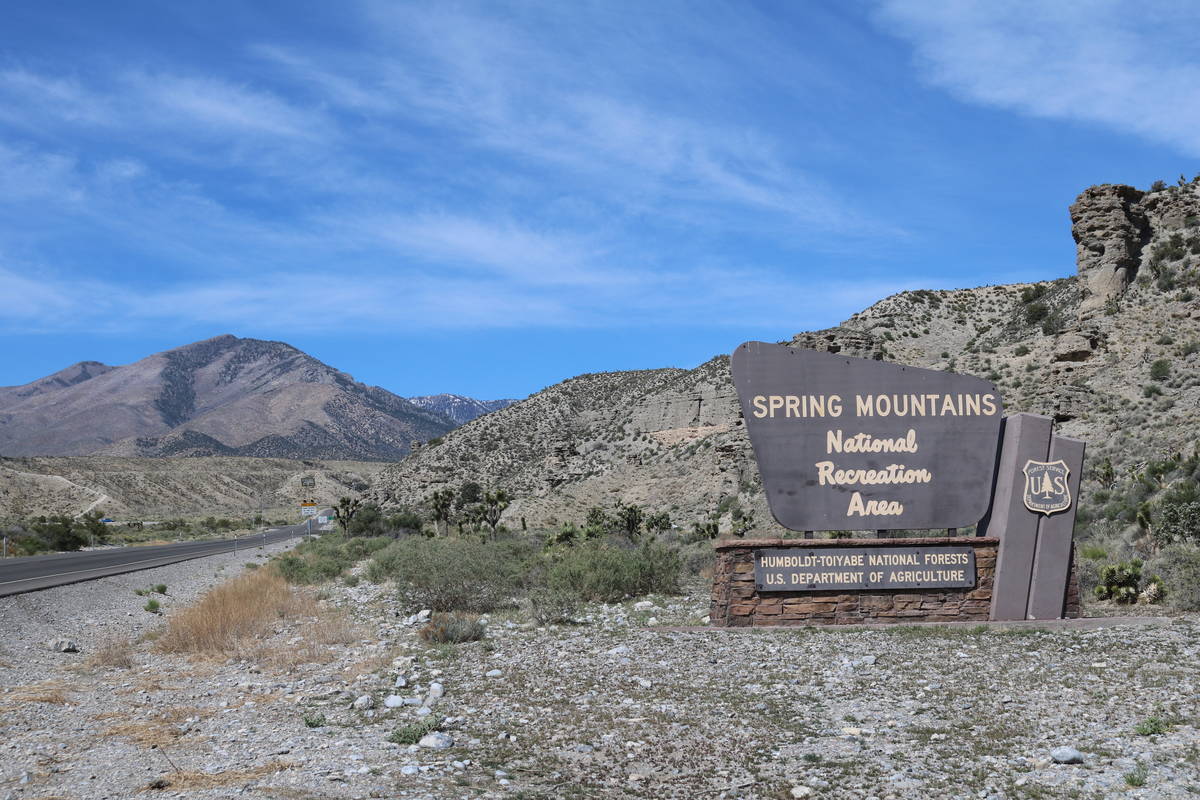
Because of extremely high fire danger, the Spring Mountains National Recreation Area in the Humboldt-Toiyabe National Forest has updated its Stage II Fire Restrictions to include no campfires in developed campgrounds and day use areas. The restrictions will remain in place until forest officials determine that conditions have changed sufficiently to reduce the risk of human-caused wildfire.
“We are experiencing record-high fire danger indices, which contributed to the extreme fire behavior during the Mahogany Fire,” SMNRA Area Manager Deb MacNeill said. ”For the safety of the public and local communities, we must continue to eliminate all possible ignition sources, including all campfires.”
The Stage 2 fire restrictions will prohibit building, maintaining, attending or using a fire, campfire, charcoal, coal or wood stove; smoking, except within an enclosed vehicle or building; operating a chainsaw or other equipment powered by an internal combustion engine between 1 p.m. and 1 a.m.; welding or operating an acetylene or other torch with an open flame; and possessing or using a motor vehicle off National Forest System roads, except for parking in an area devoid of vegetation within 10 feet of the roadway or overnight parking in developed campgrounds and at trailheads.
Forest officials remind visitors that fireworks and explosives, including exploding targets, are not permitted in national forests, nor is operating or using any internal or external combustion engine without an approved USDA spark arrestor that is properly installed, maintained and in effective working order.
Fire restrictions enhance public safety, protect natural and cultural resources and help prevent human-caused fires, officials said. Several criteria are used to determine when to implement fire restrictions, including fire activity levels, current and predicted weather, fuel moisture and the availability of firefighting resources. Additional restrictions may be required if conditions warrant.
Members of the public are cautioned that failure to comply with these restrictions may result in criminal and/or civil penalties. An individual can get up to a $5,000 fine and/or six months in jail for illegal campfires. In addition, anyone found responsible for starting a wildfire can be held civilly and criminally liable.
For more detailed information on fire restrictions on the SMNRA, visit www.fs.usda.gov/alerts/htnf/alerts-notices